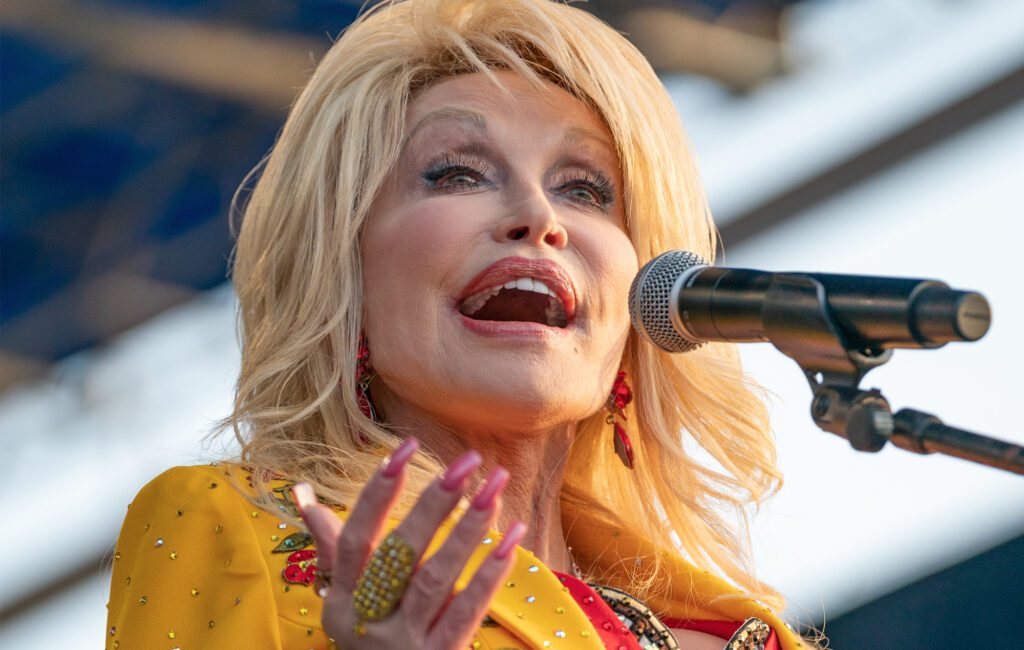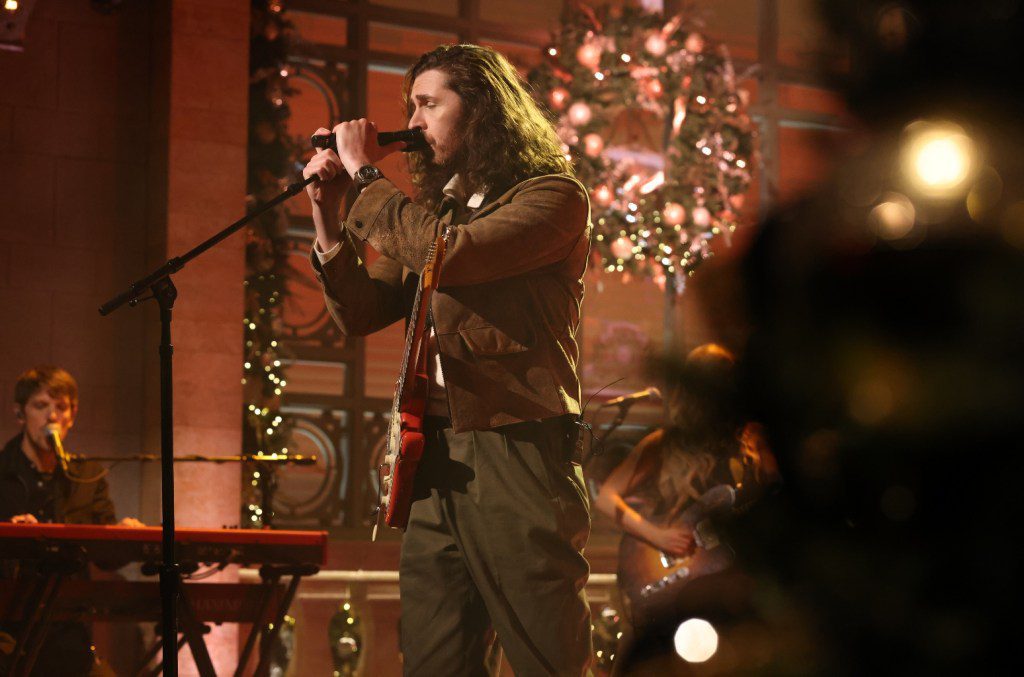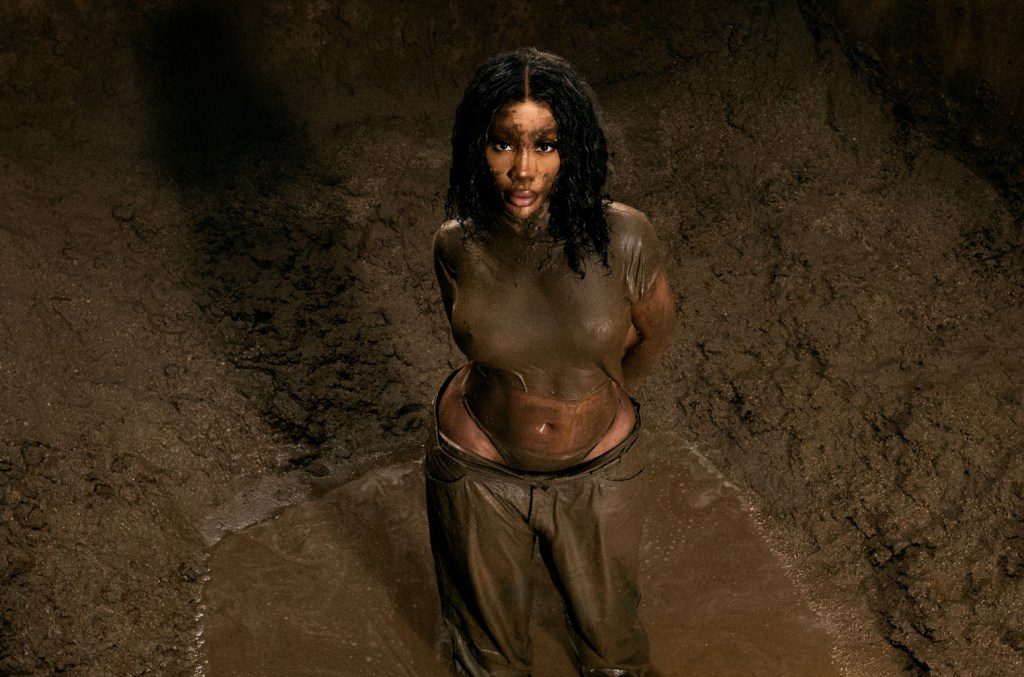Dolly Parton voices support for Black Lives Matter movement
Dolly Parton has voiced her support for Black Lives Matter in a new interview.
Speaking to Billboard, the country singer shared her support for the anti-racism movement and the recent uprisings against police brutality and white supremacy.
“I understand people having to make themselves known and felt and seen,” Parton said, referring to the recent protests that have taken place worldwide following the death of George Floyd. “And of course, Black lives matter. Do we think our little white asses are the only ones that matter? No!”
Parton also discussed the renaming of her ‘Dixie Stampede’ dinner attraction to ‘Dolly Parton’s Stampede’ in 2018 after being informed that its title was offensive.
Although she renamed her Civil War-themed attraction two years before The Chicks (fka Dixie Chicks) and Lady A (fka Lady Antebellum) changed their names following global conversations about racism, the country icon admitted that she was guilty of “innocent ignorance” back then.
“When they said ‘Dixie’ was an offensive word, I thought, ‘Well, I don’t want to offend anybody. This is a business. We’ll just call it The Stampede.’ As soon as you realise that [something] is a problem, you should fix it. Don’t be a dumbass. That’s where my heart is. I would never dream of hurting anybody on purpose.”
Meanwhile, a petition was launched in June to replace a statue of a former KKK leader with one of Dolly Parton.
The monument of former grand wizard Nathan Bedford Forrest is currently located in the Tennessee Capitol building.
A petition started by Alex Parsons is calling on the Tennessee State House to remove the statue of Forrest and put a new one of “true Tennessee hero” Parton up in its place. “Tennessee is littered with statues memorialising confederate officers,” Parsons wrote. “History should not be forgotten, but we need not glamorise those who do not deserve our praise.”
The petition went on to highlight both the musician’s “beautiful music” and “philanthropic heart”, noting the war had “given more to this country and this state than those confederate officers could ever have hoped to take away.”





